With the participation of Enea and the Tuscia University, an innovative mini-facility will be constructed, with the name of SmartComp, equipped with a revolutionary sensor technology that will enable the treatment of Zero Kilometre organic waste
• The project, announced by ACEA’s CEO, Stefano Donnarumma, in the course of the day dedicated by the multiutility company to the green economy, environment and innovation, will lead to a decrease in waste generation and substantial operating cost savings for the entire domestic waste management system, for the recovery cycle of individual users, as well as a positive impact on the environment, thanks to a reduction in greenhouse gas emissions following the elimination of related waste transportation by road and local collection services
• The Company’s aim is to install 250 SmartComps by 2022 with a view to implementing a widespread system capable of handling 25,000 tons per year, corresponding to the capacity of a localised facility managing the organic waste produced by a town with a population of 250,000, implying an estimated saving of around 30% on domestic cycle operating costs
• ACEA will invest 1.7 billion Euro in Sustainability by 2022
Rome, 8 October 2019 – The first ACEA Sustainability Day, entitled “Enterprise, sustainability, future”, was held today at the Lanterna event venue located on via Tomacelli, in Rome, during the course of which representatives from the world of Institutions, research and green economy experts met to discuss the new challenges of a sustainable economy and how they will change existing business, production and development models.
The proceedings, opened by ACEA’s Chairperson Michaela Castelli, involved the participation of approximately two hundred institution representatives and insiders. The speakers included Enrico Giovannini, spokesman for the Italian Alliance for Sustainable Development, Grammenos Mastrojeni, Deputy Secretary General of the Union for the Mediterranean, Stefano Besseghini, Chairman of Arera, and Federico Testa, Chairman of Enea. The morning’s session was closed by ACEA’s CEO, Stefano Donnarumma. The meeting was moderated by Roberto Giovannini, Director of “Tuttogreen La Stampa” and expert journalist on issues associated with the environment and sustainability.
During the conference, ACEA’s CEO Stefano Donnarumma announced the commencement of the new project concerning the launch of “Widespread Composting”, an innovative service intended for large-scale users (shopping centres, canteens, airports and stations) required to handle vast quantities of organic waste. By utilising SmartComp, mini composting plants equipped with a revolutionary sensor technology, provided by ACEA, it will be possible to convert wet waste
to compost, directly on-site, via an aerobic process which in 90 days produces ready-to-use fertiliser.
The project, carried out in cooperation with ENEA and the Tuscia University, guarantees both a reduction in the waste generated and a substantial saving in terms of operating costs for the entire domestic waste management system, for the recovery cycle of individual users, as well as a positive impact on the environment, as a result of the decrease in greenhouse gas emissions due to the elimination of related waste transportation by road and local collection services.
Already in August 2019, ACEA commenced a first internal experimental phase, which also envisaged real-time monitoring of the conversion process status, thanks to the advanced sensors, personalised according to customer needs; in December, this will be followed by a first application on the waste produced by the company canteen. In March 2020 it will then be possible to reutilise the compost generated in the green areas of the Company’s plants. The know-how thus acquired by ACEA will be made available for customer use by management support planning.
ACEA’s CEO Stefano Antonio Donnarumma pointed out: “This project is in keeping with the guidelines of the Group’s 2019-2022 Business Plan, which envisages investments in Sustainability totalling 1.7 billion Euro, with an increase of 400 million Euro compared to the previous Plan. With a target of 250 SmartComps by 2022, it will be possible to implement on a widespread basis a system capable of handling 25,000 tons, corresponding to the capacity of a medium-size localised facility, generating a cost reduction of around 30% at national level.” “Via this initiative – he continued –a new approach of proximity is being established, synergistic with projects already set up by ACEA which guarantee the handling of significant flows of organic waste, moving the waste production location closer to the treatment facility”. “More specifically – the CEO pointed out – the project fully implements the principles of a circular economy, in keeping with the provisions laid down by the European Commission, which imposed on the Eurozone countries challenging objectives regarding the recovery of materials in the closing process of the waste cycle”. Donnarumma concluded: “For all utilities, sustainability is a double challenge consisting in the combination of an industrial vocation with the use of new technologies to enhance the operating efficiency of respective infrastructures. In fact, on the one hand, it is necessary to invest and carry out sustainable projects and, on the other, it is still fundamental to improve efficiency, safety and the resilience of industrial assets”.
The widespread composting project is one of the practical applications of the Memorandum of Understanding signed in recent months between ACEA and ENEA, with a view to launching a cooperation for the development of projects connected with the circular economy, particularly in reference to the sustainable management of the waste cycle and water resources. In addition to composting, a further practical application of the cooperation concerns the Labsharing project, which will enable ENEA and ACEA to create synergies between their laboratories (equipment, technologies and know-how) throughout Italy. Sustainability as a sharing of solutions for the development of new analytical, research and applied technology methods.
In fact, for ACEA, the enabling factor for the implementation of a sustainable business development path is innovation. For some time now, ACEA has adopted an “open” approach whereby the Company opens up to startups and partnership projects in order to create an increasingly sustainable industrial business system, as demonstrated by the experiment launched with Pedius
for the call centre offering accessibility also to hearing-impaired people.
“The Sustainability Day – ACEA’s Chairperson, Michaela Castelli, commented – has been organised by ACEA in the hope that it will become an annual event for the promotion of a dialogue between Institutions, Authorities, and the world of research, businesses and start-ups, with a view to identifying innovative solutions that will encourage industrial and market policies more and more oriented towards the sustainable development of local areas and communities where the Company operates. This is because the challenges imposed by sustainability require a shared response on the part of all representatives of a civilised society”.
Discover the latest news and initiatives of the Acea Group
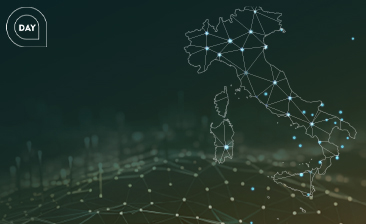
Acea for World Energy Saving Day
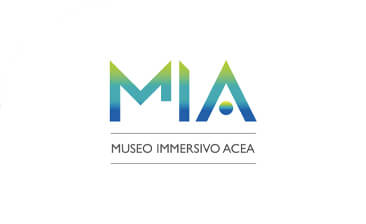
Visit the virtual museum about the history of the Acea Group

The channel for the commercial requests on land urbanisation
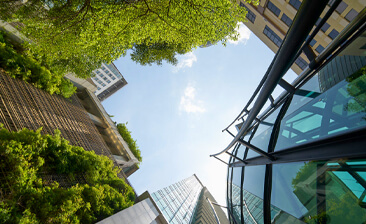
Acea turns the spotlight on the Rome Film Festival 2023
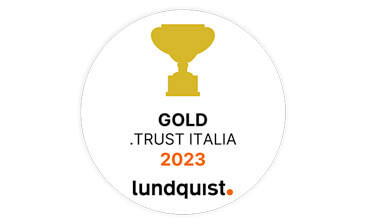
Acea is in the "Gold class" in the .trust research
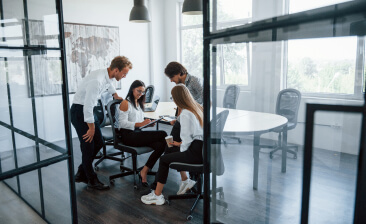
Read more about our culture of inclusiveness